

Today we’d like to introduce you to Allysa Lisbon.
Hi Allysa, please kick things off for us with an introduction to yourself and your story.
My story with cinematography started properly in high school, I grew up in Kansas City, Missouri and my high school offered a darkroom photography class. Once I learned to develop photos I was completely enamored by film photography, and I got my own little camera from ebay and started shooting everything and everyone around me. I was so excited every time I went to pick up my photos and it was throughout high school and college that I really started to build my voice visually.
In college, I got my first paid work doing portraits and videography for my classmates, and also during that time I began to study film as my minor. Studying film theory really allowed me to understand how to take the stories I was telling with my photography into a larger space and time. I took an incredible class called Black women filmmakers and that was my first real exposure to Black filmmaking as a canon, and I was super affirmed by the work of people like Zora Neale Hurston, Julie Dash, Kathleen Collins and Toni Cade Bambara. I also saw the movie Moonlight around that time, which completely floored me. It was a whole new level of emotional impact, and so much of that was due to the cinematography.
By 2019 when I left undergrad I had essentially decided that I would try and become a cinematographer. I got a position through the Smithsonian Museum teaching photography and filmmaking at an afterschool program called ArtLab, and through teaching high schoolers I also discovered a love for teaching and was able to use some equipment to make my own short films on the side. After being in DC for almost seven years, I took the leap and made my way to Los Angeles where I went from the camera department to DP, learning from some amazing camera assistants and DPs who saw potential in me. I decided to apply for graduate school, because I felt there was a certain technical knowledge that I was missing, and I was accepted to AFI (American Film Institute) in the fall of 2022. Since graduating last year I’ve had the privilege of working on a number of sets, both small shorts and season long television. I’ve gotten work operating camera and expanded my contacts all throughout LA and I feel so lucky to be constantly connecting to other creative folks who have a passion for film.
I’m sure it wasn’t obstacle-free, but would you say the journey has been fairly smooth so far?
Some of the biggest challenges for me have been around accessing gear and equipment, especially when I was learning some of the basic tenets of cinematography. There’s definitely a learning curve when it comes to cinema cameras and professional grade lenses- and I was stuck in the loop of needing experience to access the gear, but also needing to get my hands on the gear to gain practical experience. Luckily I was able to attend camera workshops led by folks like Michelle Clementine and the Black in Camera collective in my early days in LA that gave me a lot of practical skills and connections to grow those skills.
There have also been struggles related to my identity- as a Black queer woman I often had to fight against the overwhelming evidence that there was no place for me in the film industry. Cinematography especially is dominated by white cis men, and so I am constantly attempting to redefine what the profession looks like and navigating how to bring myself fully to each story that I tell.
Obviously there has been an enormous slowdown in Hollywood over the past few years, and it’s been hard coming out of school with excitement and drive to create only to find a massive shift in the industry and fewer productions in LA. I’ve been trying to focus, using the time to take in as much as possible and keep developing my eye for cinematography.
As you know, we’re big fans of you and your work. For our readers who might not be as familiar what can you tell them about what you do?
I am a cinematographer, which basically means that I work closely with a director and other team members to develop the visual language of a film. This looks like testing different lenses, determining camera movement and angles, and working with gaffer and key grip to light whatever spaces our scenes take place in. I specialize in narrative filmmaking, which basically means non-documentary often fictional works that tell a story. I really love any chances that I get to shoot on motion picture film because it has such a beautiful quality. I’m most proud of the images that I’ve created on my AFI thesis project, “In Foreign”, but I’m just as proud of the relationships I’ve built with my crew and friends in the industry. I think what sets me apart is my unique visual perspective and ability to draw out the real emotions in each scene.
Can you talk to us a bit about the role of luck?
This is such a funny question, I think luck is always there, kind of floating around and contributing to certain outcomes. One thing I love about LA is that you sometimes are just in the right place at the right time to get a perfect opportunity. But in some ways, I’d say that it isn’t actually luck, because I’ve intentionally set myself in this city, and made a point to get to know people. So, it’s a double sided coin I’d say. Good fortune in my career has come less from luck and more from preparation and intentional strategy – setting myself up so that when the moments of opportunity inevitably come I will be ready to make the most of them.
Contact Info:
- Website: https://allysalisbon.com
- Instagram: @allysagram
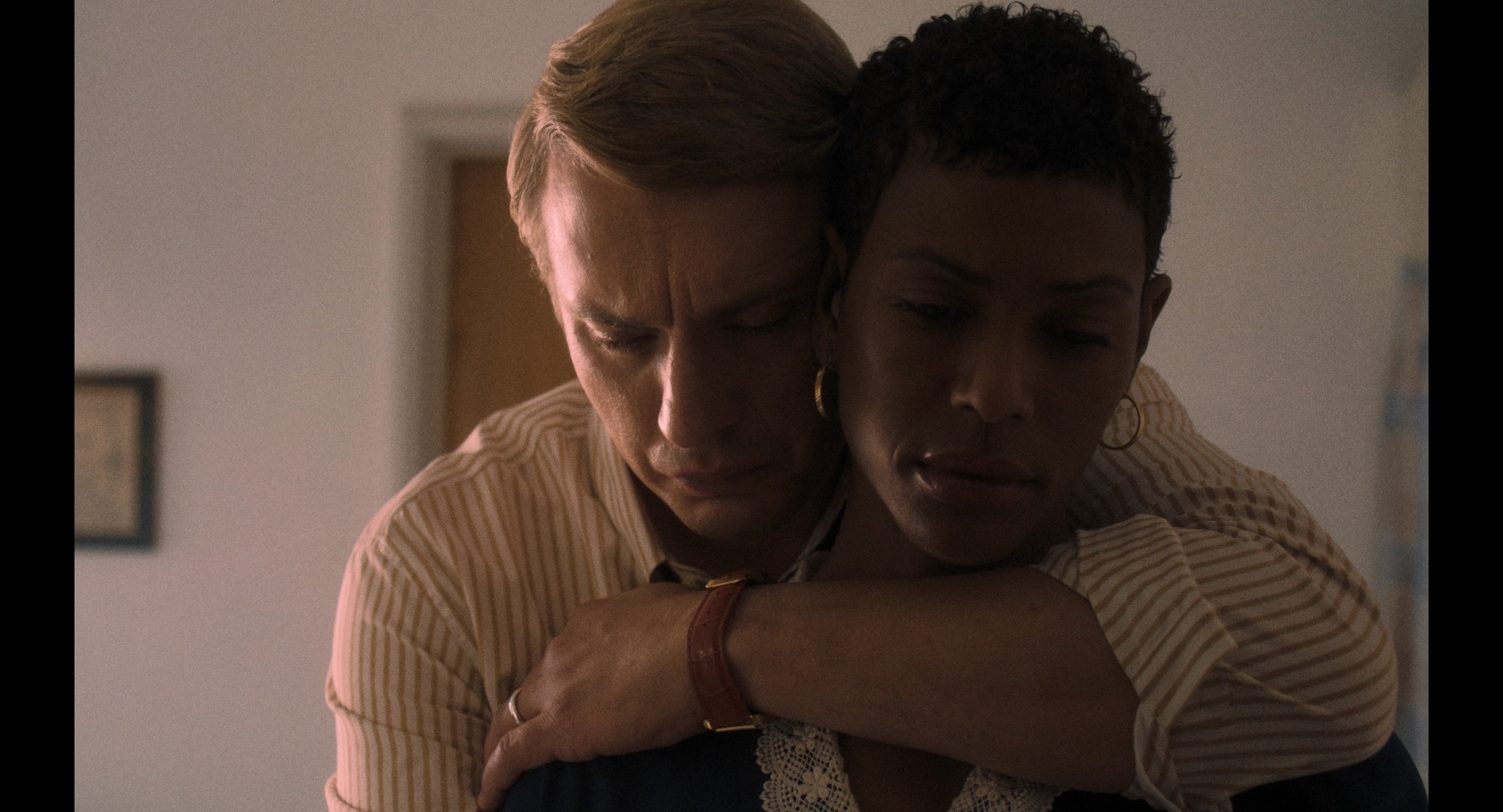
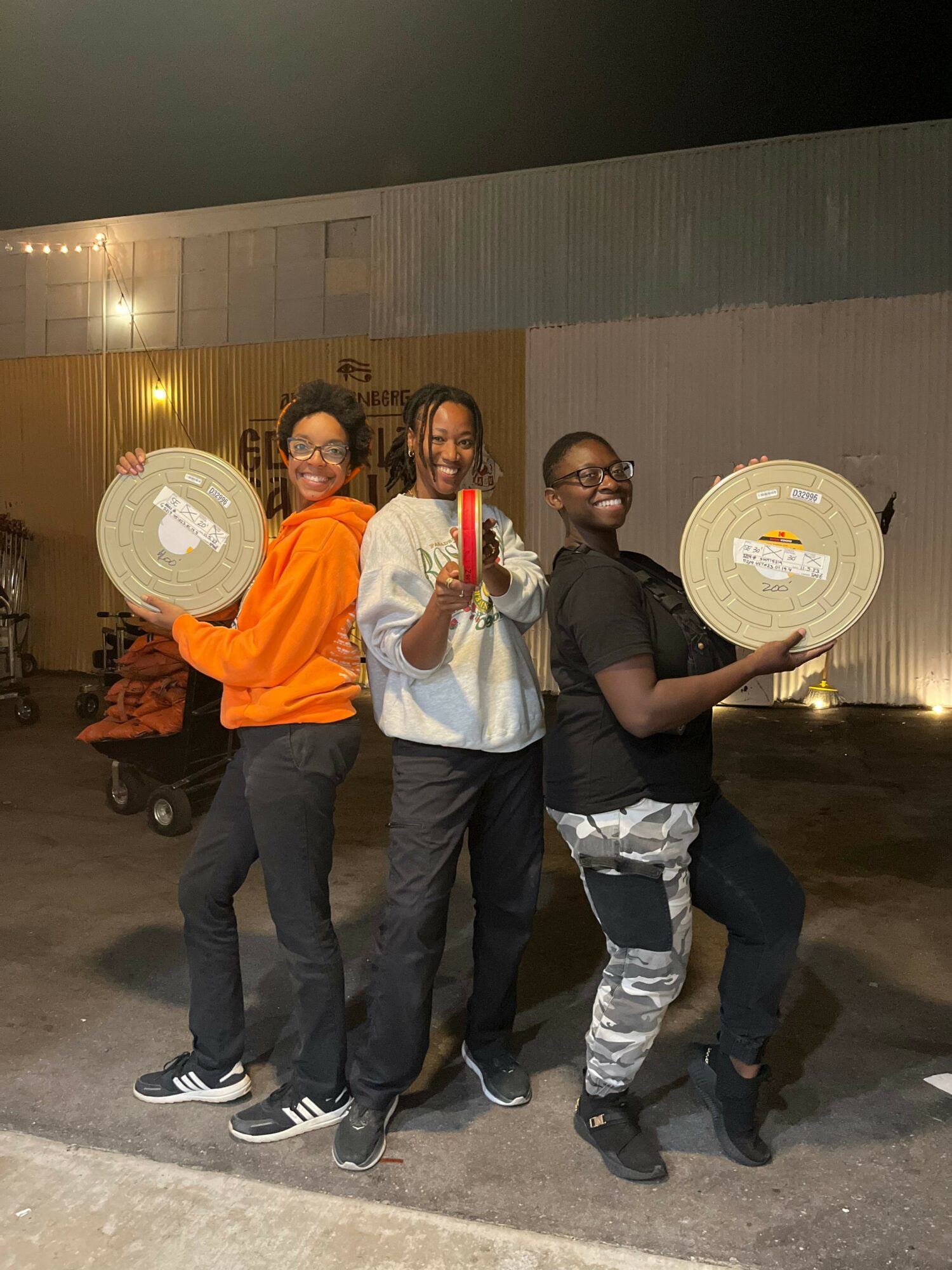
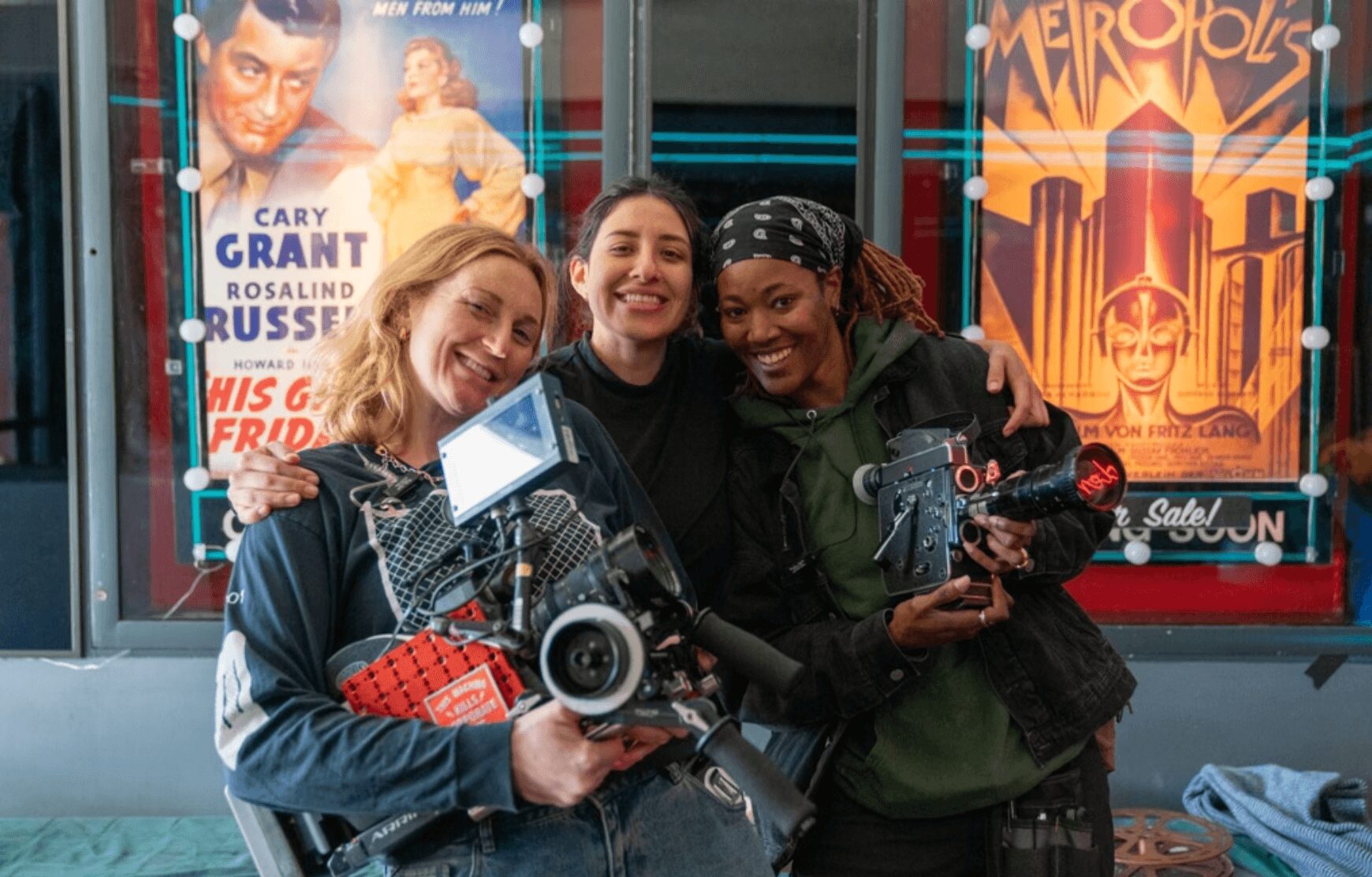
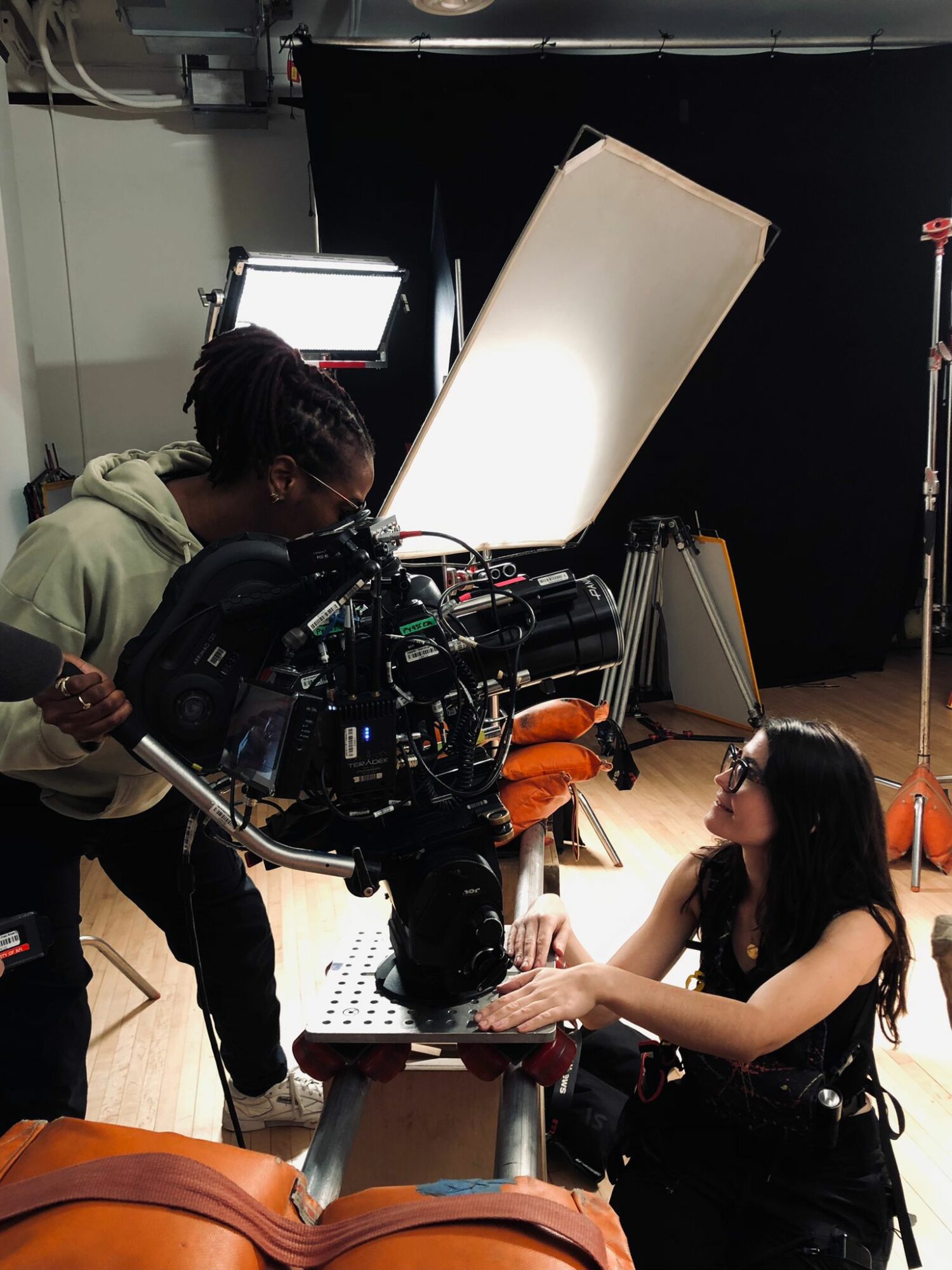
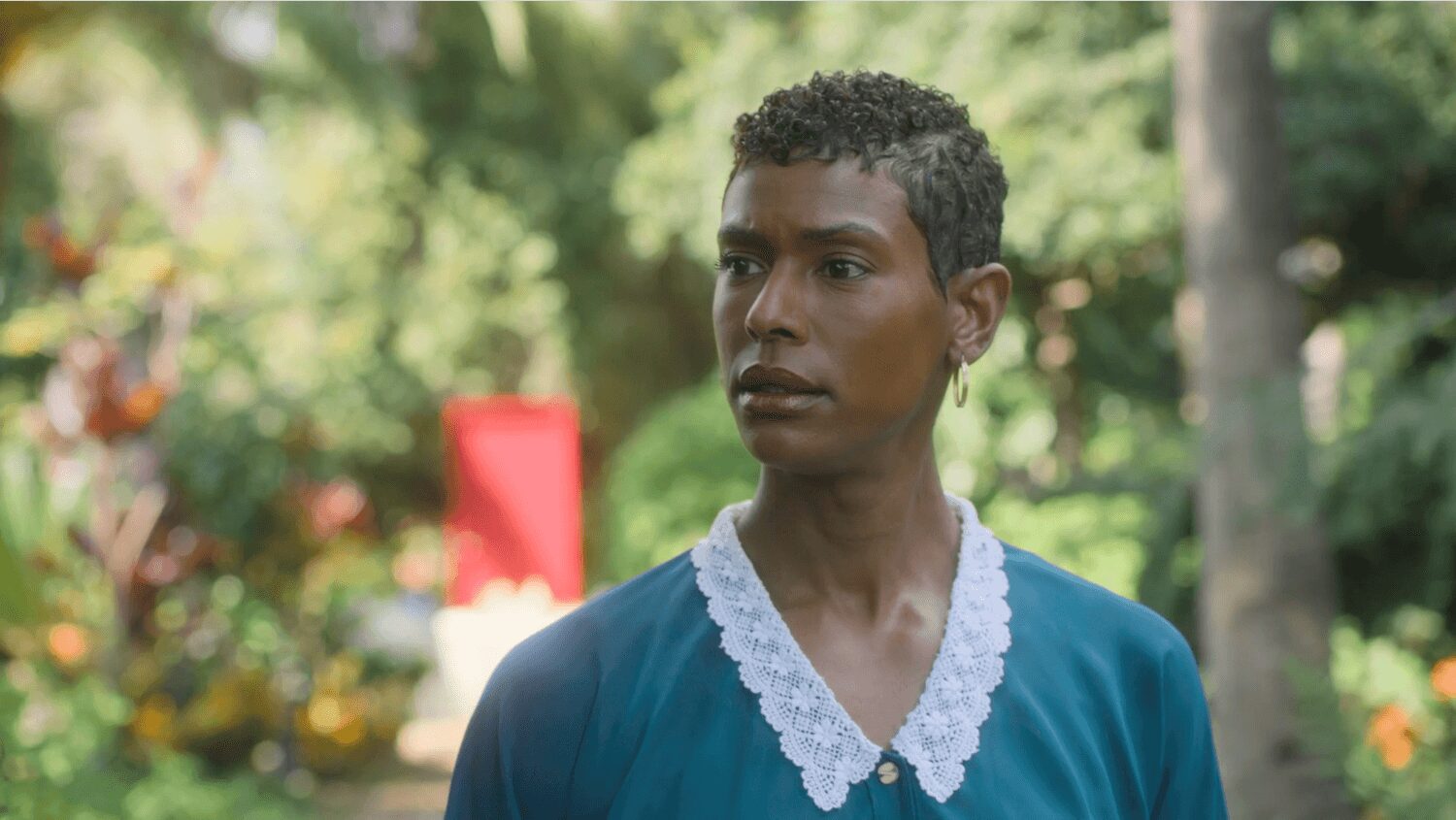
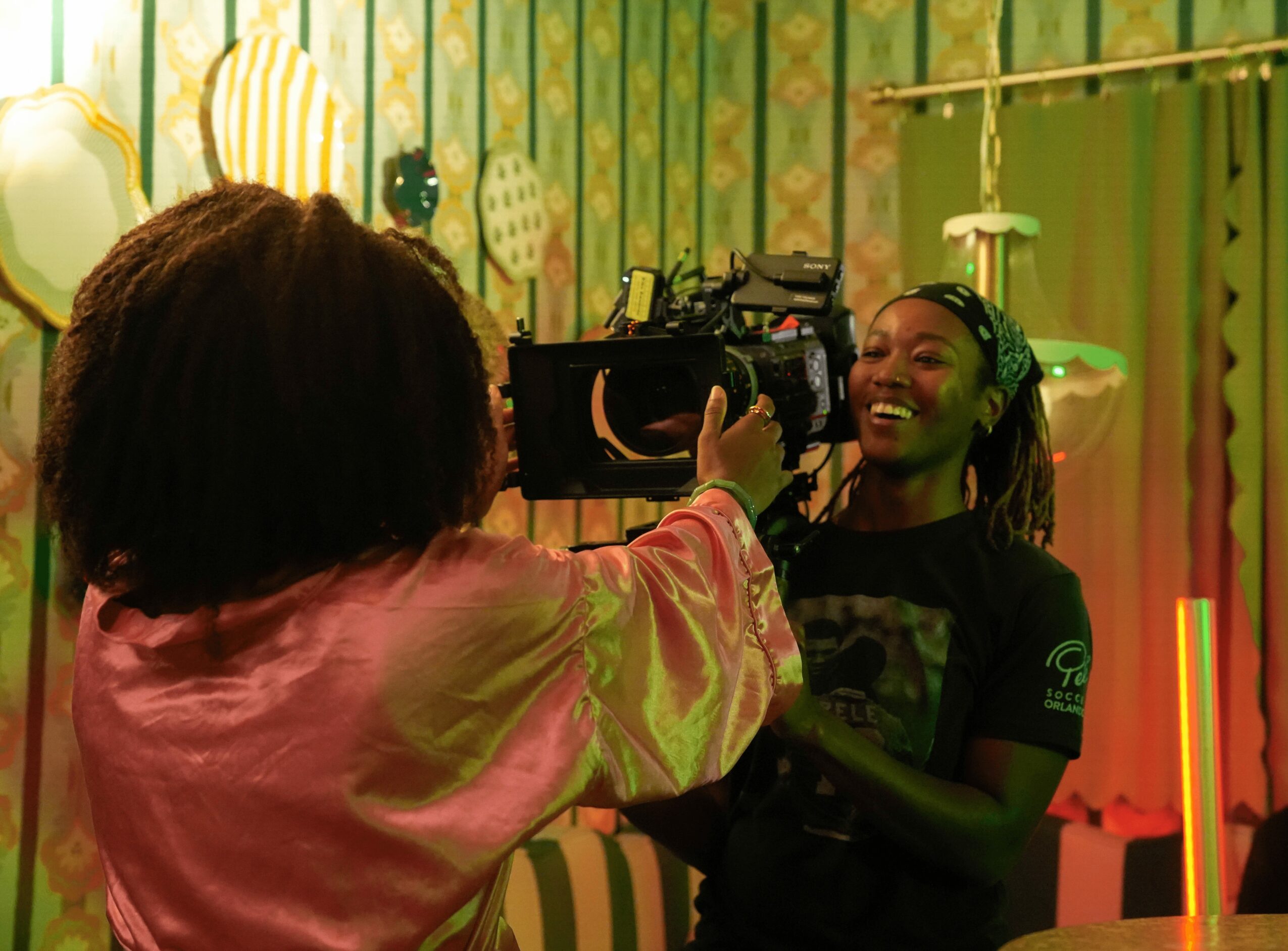
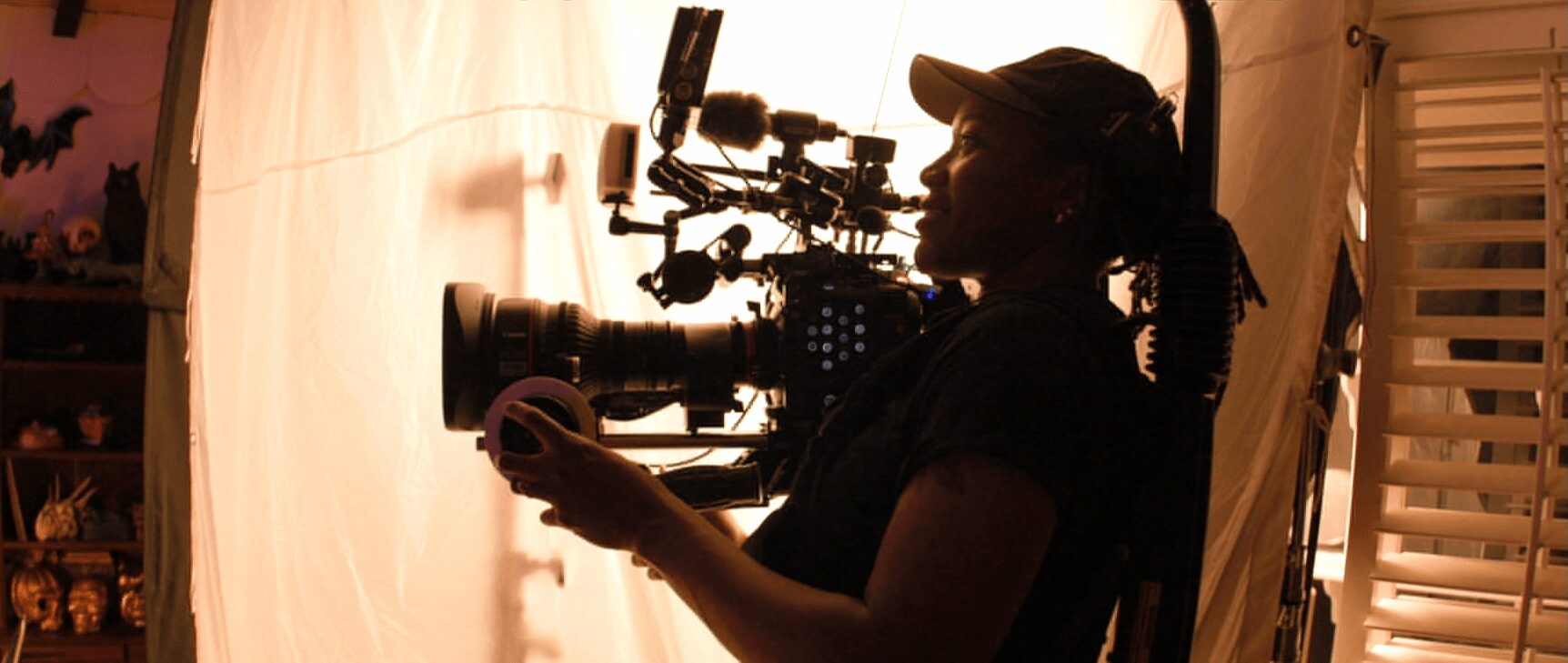
Image Credits
Eboni Sellers (bw portrait)














